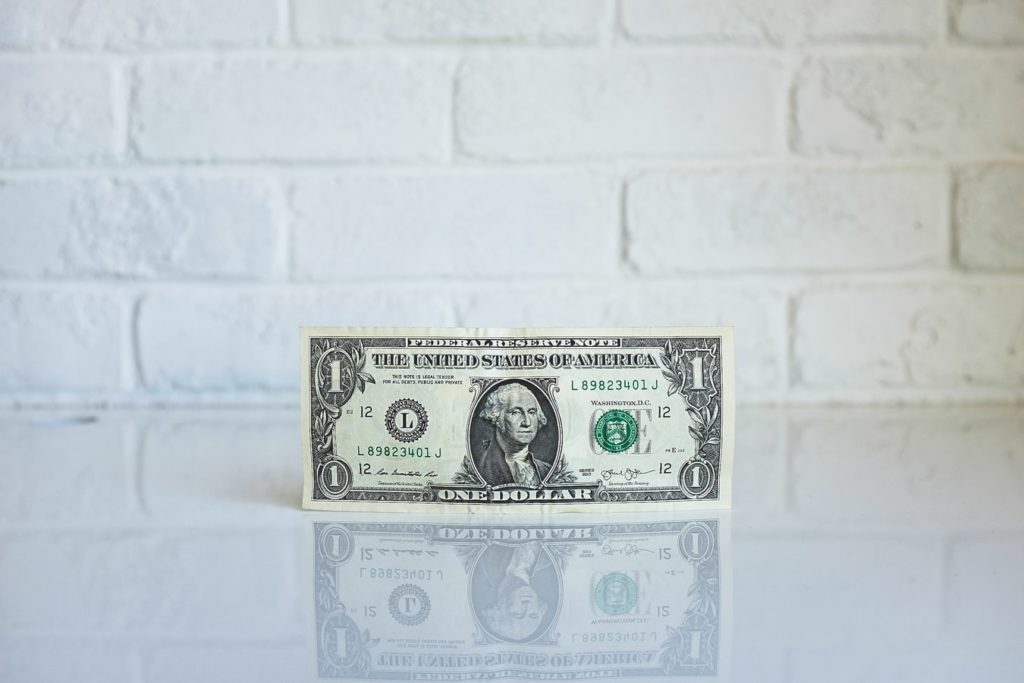Did you receive a stimulus check from the federal government? Many people have received or will be receiving a check from the federal government to provide economic relief due to Coronavirus. The program initiated by the government to provide financial assistance to individuals and businesses is called the CARES Act. A large portion of the recipients will need to use the stimulus check to cover bills that would otherwise not be paid. Coronavirus has resulted in a loss of 16 million jobs for Americans. If you are fortunate enough to not need your stimulus check, what should you do with it?
1. Start an emergency savings account
No one enjoys being taken off guard by an unexpected expense. According to Nilay Gandhi, a senior financial advisor with Vanguard Personal Advisor Services, people who do not need the stimulus check today should start an emergency savings account. “The savings should be in an easily accessible, safe, liquid place — not a mattress or a shoebox that could be burglarized. Instead, look into a money market fund or high-yield savings account.”
Unsure of how much to save for an emergency or how to get your fund started? Nerdwallet has an emergency savings calculator and several tips and resources to walk you through setting monthly goals, implementing tactics for saving, and choosing a high-yield savings account.
Creating an emergency savings fund is a wise decision, especially in times of uncertainty.
2. Make a charitable donation
Did you know you can use a portion of your check to help others and yourself? Another benefit of the CARES Act is the additional tax deduction you can take on top of the standard deduction. According to the Tax Foundation, the CARES Act “Creates a $300 partial above-the-line charitable contribution for filers taking the standard deduction and expands the limit on charitable contributions for itemizers.” In simple terms, when you donate to a charity (up to $300), you can take a deduction on top of what was currently permitted. This is a fantastic opportunity to use a small portion of your stimulus check to help others while benefiting from a tax credit. Tax exemption: 98-12173-0000.
Those who have the capacity to help during COVID-19 by using their stimulus check for a charitable donation may consider protecting those around the world who are most vulnerable. Countries with high populations of impoverished communities are bracing for impact — many of them implementing curfews and lockdowns that put pressure on families that are already struggling to create income and consume adequate daily nutrition. Protect some of the world’s most vulnerable children and their families during the coronavirus pandemic by donating to an international development nonprofit that is proactively training communities how to prevent the spread of COVID-19.
One such nonprofit, Children’s HopeChest, is empowering its international staff to implement community-specific hygiene and prevention awareness training. They are also supporting families who cannot afford or access food during country and community-lockdowns with supplemental nutrition and critical resources. You can learn more about supporting the work of Children’s HopeChest during this global crisis, here.
3. Save it for later
A final suggestion is to hold your stimulus money until the pandemic passes and then spend it on items other than essentials. A traditional stimulus package is intended for beneficiaries to spend on non-essential items. “Ordinarily, when governments are trying to stimulate the economy, a transfer of cash can allow people to spend more, buy more, eat out more, all of which helps to keep the economy growing,” said Aparna Mathur, a resident scholar at American Enterprise Institute, a conservative think tank. This package is a bit different because it is aimed at keeping a roof over each recipient’s head. When the pandemic passes, however, you may feel comfortable spending money on something you enjoy, knowing you are benefiting the economy.
Dave Ramsey, financial success coach, also notes that having “fun money” helps you stick to your long-term goals when you get to spend a budgeted amount on a treat or fun experience now and then.






